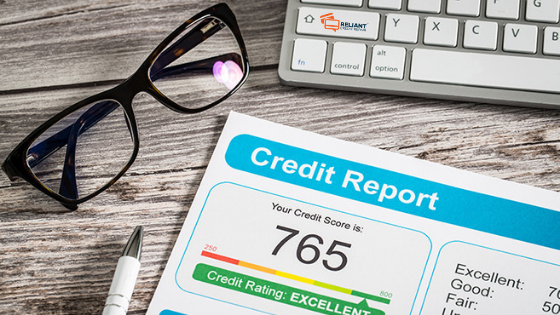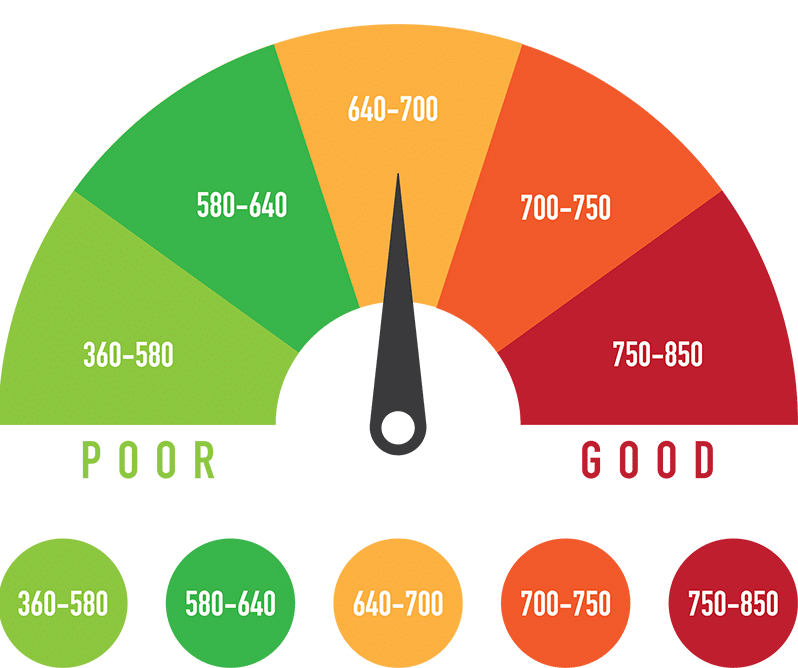
[embedded content]
In the second part of Derick Vogel’s YouTube series on “How Credit Scores Work”, he discusses credit cards and how they impact your credit score.
Credit cards, having the biggest impact on your score, can either be a way to dramatically increase your score or be one of the quickest ways to destroy your credit. Credit cards make up about 30% of your total score which comes out to 165 points. This makes having and properly maintaining your credit cards one of the most important things you can do for your credit score.
Three Types of Credit Cards
There are three types of credit cards to be aware of:
If you are working on perfecting your credit score it is vital that you have a credit card, and more than one. Ideally, you’ll want to have and maintain 2 to 3 credit cards at the very least. You should also have a combination of credit cards, such as two regular cards and one charge card. This will help to improve your credit mix (mortgage, car loan, credit cards, etc…). Having a mixture of different credit types looks better to credit bureaus and makes you look more creditworthy.
There are certainly many people who refuse to use credit cards for various reasons but if you ever hope to achieve a max credit score, you will have to use them as they make up 30% of your score. Only having a car loan, a personal loan, or even just a mortgage will not give you the credit mix you need to achieve a top score.
Maintaining a Positive Credit Card Balance
Many people are aware that they need to maintain a low balance on their credit cards, however, few people tend to realize what the correct percentage is to maintain a positive balance. Most people, when asked, state that they should keep their credit card balances below 30% of their limit. That is somewhat true, however, it’s not an ideal percentage for maximizing your credit score.
Ideally, you will want to keep your balance below 10% (studies show that individuals with top scores average 7% utilization on credit cards). That being said, keeping your balance below 30% is still helpful, it’s just not great. Additionally, allowing your balance to go over 50% can have a negative impact. Anything below 30% is positive, anything below 10% is ideal.
Statement Date vs. Due Date – IMPORTANT
When it comes to credit cards and achieving a high credit score, probably the most important thing you should know is the difference between the Statement Date and the Due Date.
If you have credit card accounts you will want to find out what your statement and due dates are for each account. You may already know your due dates but you’ll also want to make sure you know what your statement date is as it is more important than the due date.
Let’s say your statement date is the 5th of each month and your due date is on the 15th of each month. Now, you may be thinking, as long as I make a payment before the due date then I’m fine. Well, unfortunately, that isn’t always the case.
If, for instance, you were to max out your credit cards, or even just bring up the balance above 50% of your limit, expecting to pay it down before the due date, once the statement date comes around your balance gets reported to the credit bureaus. So, even if you pay down your balance below 10% on say the 10th of the month – 5 days before the due date but after the statement date – you will still get reported as having a higher balance. That’s why it’s so important to know when your statement date is because whatever your credit card balances are on that date, that’s what gets reflected in your credit report.
If you have any questions about your credit score or need help improving it, please give us a call today.






